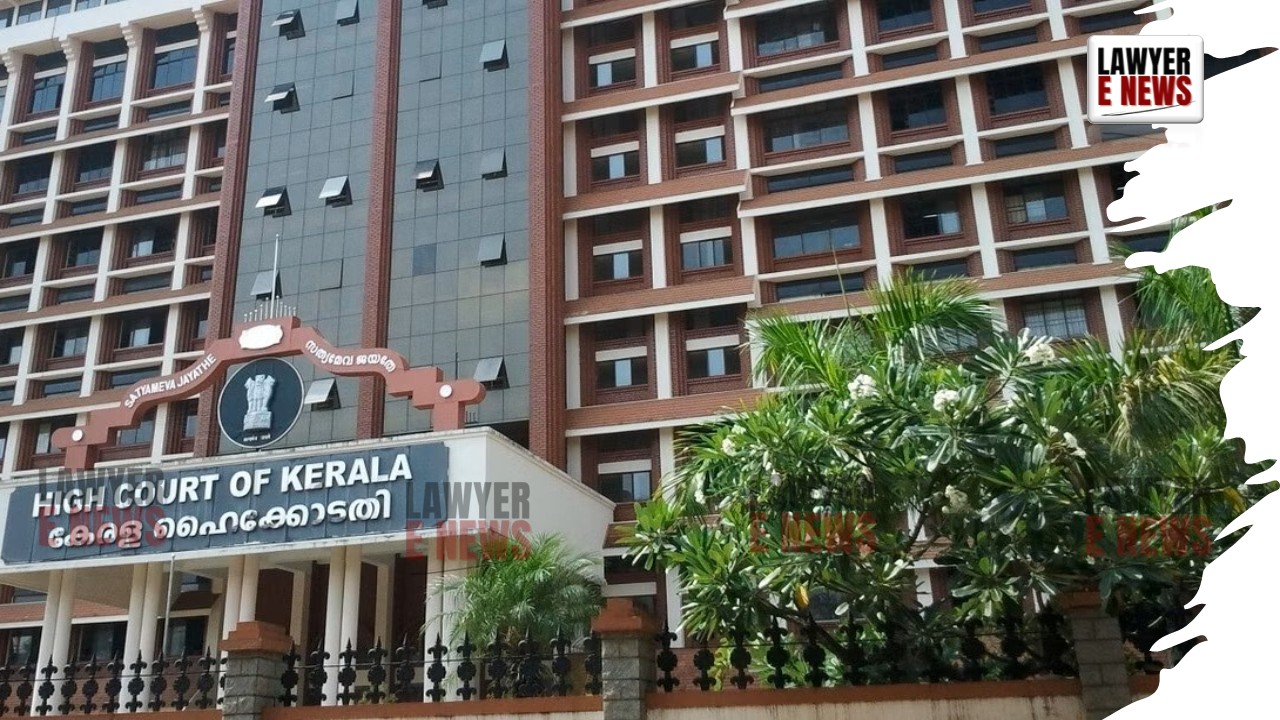-
by Admin
15 February 2026 5:01 PM



Falsehood Must Be Glaring and Knowingly Stated – Kerala High Court In a significant ruling dismissed an appeal filed by Noushad Flourish challenging the rejection of his perjury complaint against his wife, Akhila, and her counsel. The case arose from allegations that the wife had made false statements regarding her pregnancy and financial transactions in multiple legal proceedings.
Justice C.S. Sudha, upholding the dismissal of the perjury complaint, cautioned against frivolous perjury allegations and observed, “Contradictions in testimony or rival contentions do not automatically amount to perjury. Falsehood must be glaring and knowingly stated.”
The Court ruled that the scan report relied upon by the appellant was not admitted or proved in trial, and therefore, could not form the basis of perjury proceedings. The appeal was dismissed with costs, reinforcing that courts must guard against misuse of perjury provisions for personal vendettas.
“Frustrated Litigants Cannot Invoke Criminal Law to Settle Personal Scores”
The appellant had sought criminal prosecution and ₹50 lakh in damages, alleging that his wife had misled the court regarding her pregnancy, financial dealings, and his access to their child. He further claimed that her counsel had colluded with her to commit fraud upon the court.
The Court rejected these claims, observing, “Chagrined and frustrated litigants should not be permitted to give vent to their frustration by cheaply invoking the jurisdiction of the criminal court.”
Citing Chandrapal Singh v. Maharaj Singh (1982) 1 SCC 466, the Court reiterated that rival claims made in affidavits cannot by themselves constitute perjury, and noted: “Day in and day out, in courts, averments made by one set of witnesses are accepted, and counter-averments are rejected. If in all such cases complaints under Section 199 IPC were to be filed, it would open floodgates of litigation and amount to abuse of the judicial process.”
No Admissible Proof of Fraud or Perjury
The crux of the appellant’s case was a scan report from Malabar Hospital, Kozhikode, purportedly proving his wife’s pregnancy, which he claimed contradicted her statement that she had no sexual relations with him since 2015.
The Court, however, pointed out that the scan report was never admitted in evidence or proved in trial, making it legally irrelevant to perjury proceedings.
“It is beyond comprehension how proceedings for perjury can be initiated under Section 340 Cr.P.C. based on a document which has not been admitted in evidence or proved/disproved,” Justice Sudha remarked.
Similarly, the Court dismissed allegations regarding contradictions in financial transactions, stating that minor inconsistencies do not constitute perjury unless they involve deliberate falsehoods knowingly stated.
"Vexatious Litigation Against Lawyers and Judges Will Not Be Tolerated"
A crucial aspect of the ruling was the Court’s strong condemnation of the appellant’s repeated attempts to harass legal professionals and judicial officers.
The appellant had earlier filed perjury complaints against different lawyers and judges, which were dismissed. The Court observed: “Repeated allegations against judges, opposing counsel, and legal professionals indicate an attempt to misuse the judicial system. Courts must guard against vengeful litigation that seeks to harass the opposite party and legal professionals.”
The second respondent (wife’s counsel) had already faced a Bar Association complaint from the appellant, which was dismissed in limine. The Court found no evidence of collusion or fraud by the advocate and dismissed the allegations against her as malicious and unfounded.
Appeal Dismissed with Costs; Strong Message Against Misuse of Perjury Provisions
Dismissing the appeal with costs, the Kerala High Court concluded: “The present petition is nothing but an abuse of the process of the court. The trial court ought to have dismissed the petition with exemplary costs.”
By upholding the ₹20,000 compensatory costs imposed by the trial court, the High Court sent a strong message against frivolous perjury claims aimed at prolonging family disputes and intimidating legal professionals.
Date of Decision: February 4, 2025
